Margerita Pulé on Debatable Land(s) and Fleeting Territories
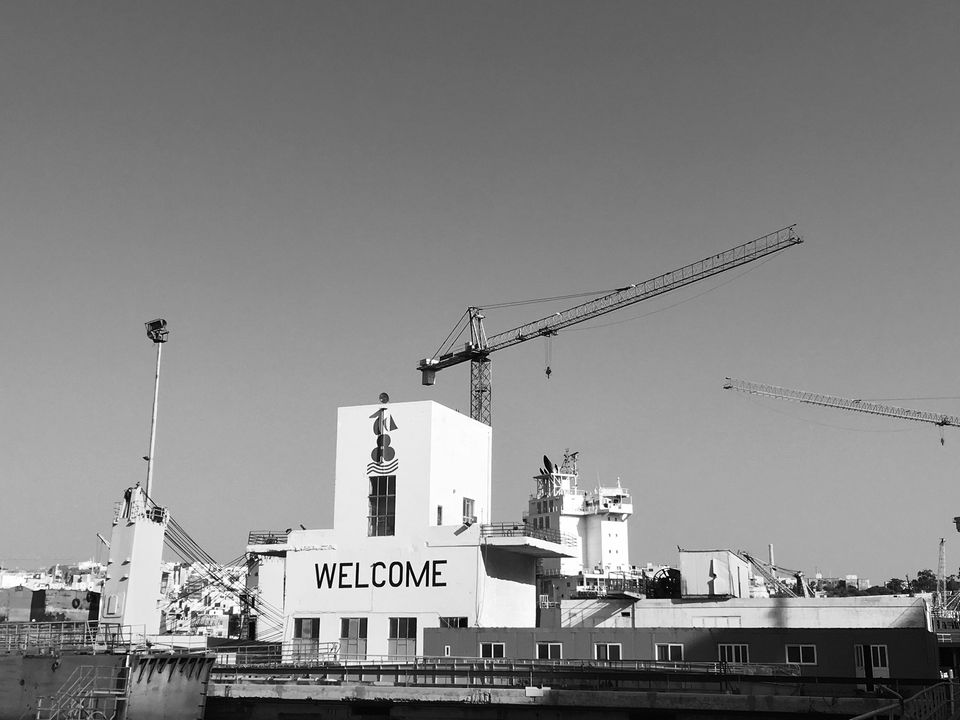
ARTZ ID spoke to Margerita Pulé about the exhibition Debatable Land(s) currently on show at Kunsthalle Exnergasse in Vienna, with some parts taking place online. Debatable Land(s) is a collaborative project involving an international group of artists and practitioners and one out of a series of iterations.
Can you tell us what the project is about and who is involved?
Debatable Land(s) is a collaborative project between the Grammar of Urgencies Collective (Maren Richter and Klaus Schafler), Greta Muscat Azzopardi, and myself – Margerita Pulè. We have known each other since about 2017, and came together to work on this explorative project, carrying out artistic research, performative debates and experimental presentations. The collaboration takes the form of a year-long project, dealing with the mechanisms of space appropriation and their historical and current deviations, employing Malta – an island state in the Mediterranean Sea with a long colonial past – as an artistic case-study.
The project’s title is a borrowed term which originally referred to a piece of land between Scotland and England where sovereignty was in question; this land and its borders were intangible for centuries, until a map of the territory was drawn, and it became a ‘knowable place’. Superficially speaking, Malta could be said to have clearly defined borders, but actually, the archipelago – as well as the sea around it – is layered with many different kinds of borders, spaces, ownerships and vacuums. The exhibition at Kunsthalle Exnergasse in Vienna is the first iteration of the project – our preliminary research, note-taking and observations, presented visually. Through the exhibition we are attempting to understand the contempt of the island state and the sea around it. So the exhibition is simultaneously a research process and a research presentation, coming at the beginning of a longer project.
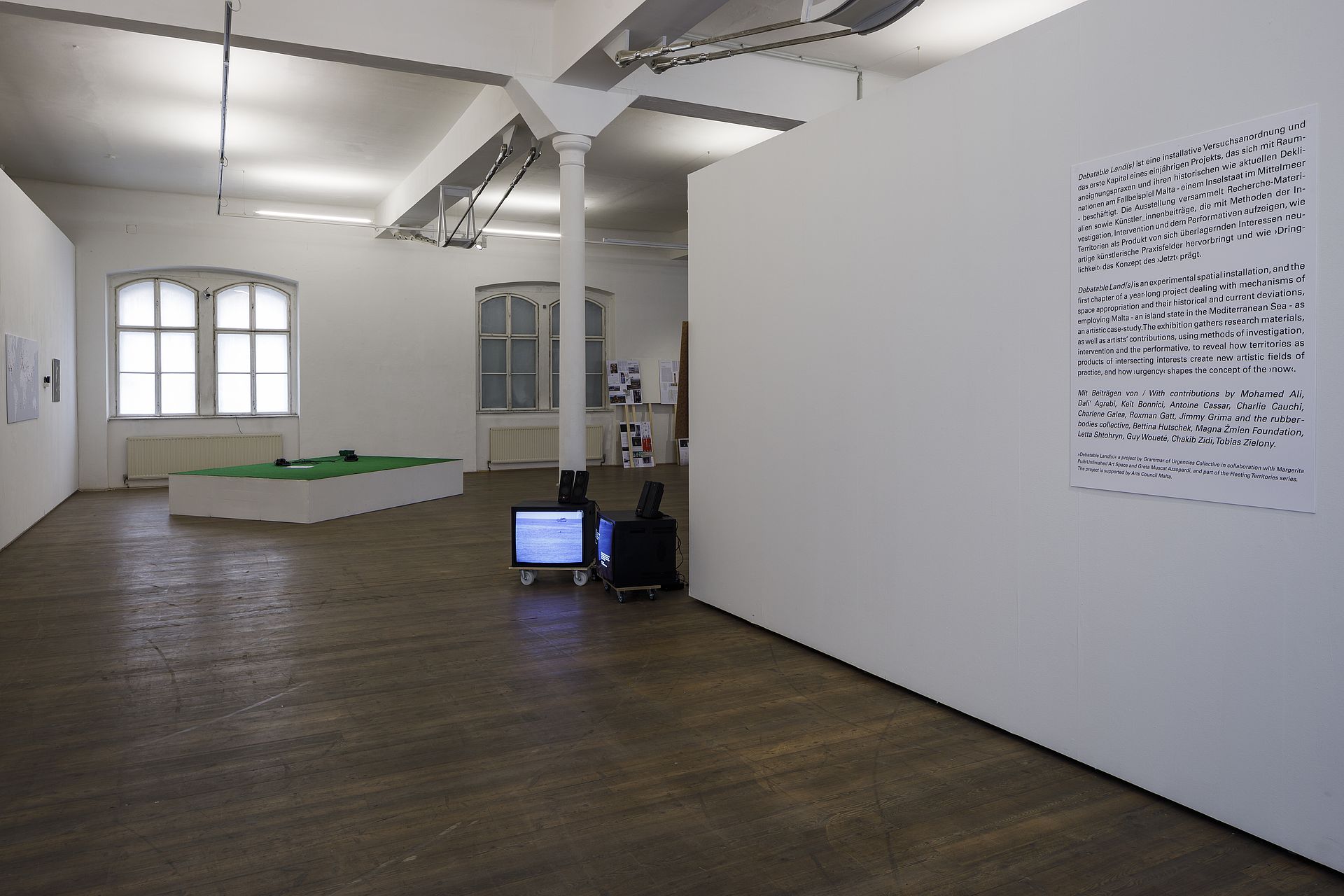


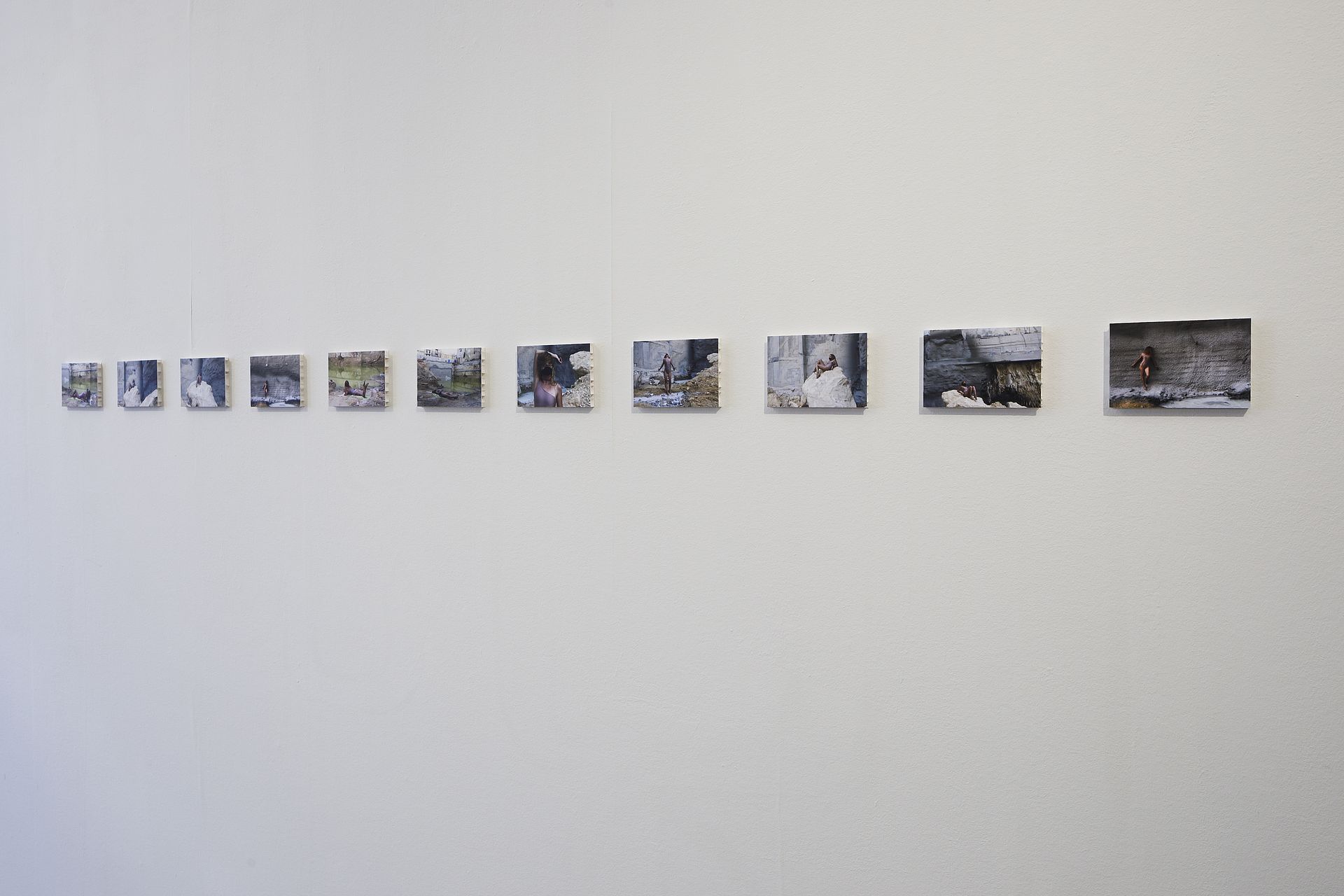
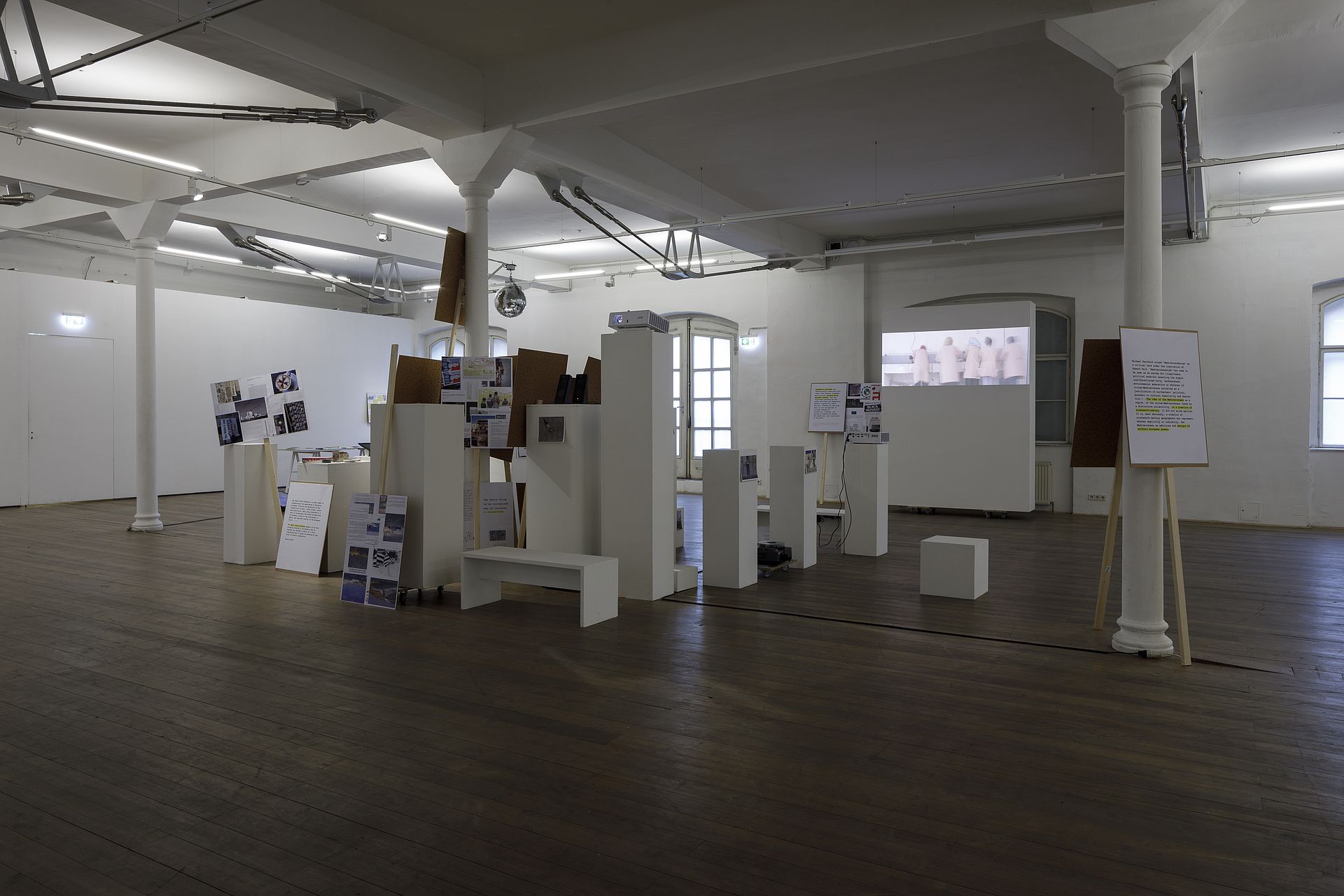


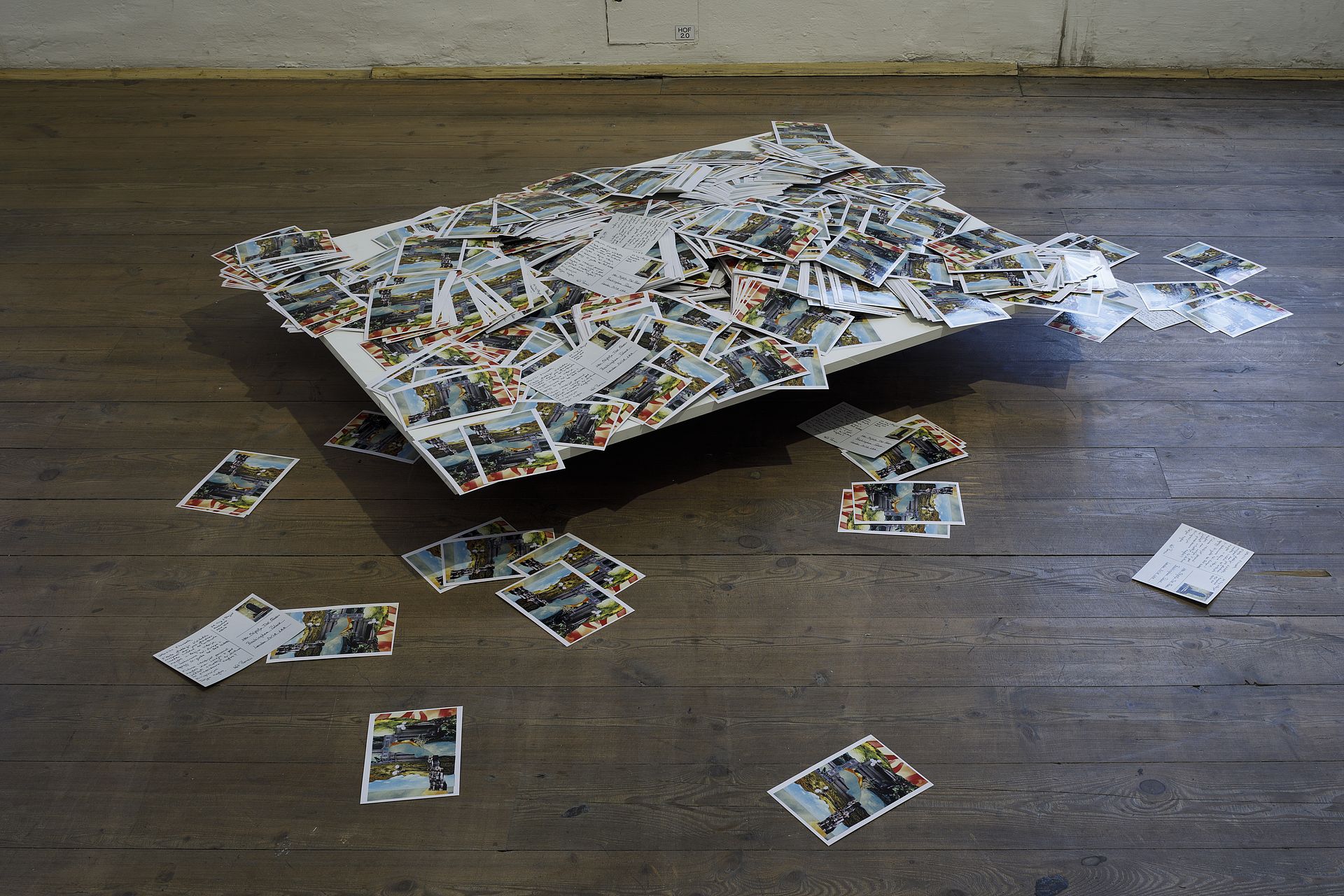

Installation view of ‘Debatable Land(s)’, image credit Wolfgang Thaler.
‘Debatable Land(s) is happening both online and offline and it is a year-long collaboration. How can viewers stay involved and follow it?
The exhibition at Kunsthalle Exnergasse in Vienna is unfortunately closed at the moment due to COVID-19 restrictions, but will hopefully reopen in December and remain in place until the end of 2020. Apart from the physical exhibition (with artists Keit Bonnici, Charlie Cauchi, Charlene Galea, Jimmy Grima and the rubberbodies collective, Bettina Hutschek, Magna Żmien, Letta Shtohryn, Guy Woueté, and Tobias Zielony), we also presented a live-streamed online performance with Mohamed Ali ‘Dali’ Agrebi, Antoine Cassar, Roxman Gatt, and Chakib Zidi, which we’ll be making available to audiences again. Images of the exhibition are available here.
Debatable Land(s) live-streamed event from Kunsthalle Exnergasse, Vienna, 28 October 2020, with Mohamed Ali ‘Dali’ Agrebi & Chakib Zidi, Antoine Cassar, Roxman Gatt.
But as I said above, the exhibition is just the first step in the year-long research project. We will be continuing our visual and theoretical research, and early next year, will begin to hold a series of performative and dialectical events, through which the project’s themes can be explored. These events – which we call ‘performative debates’ – are structured as nine, loosely-formed chapters, and will each bring three experts from different fields together, along with one artist artist, to imagine with us on site, what ‘Debatable Land(s) might constitute.The debates will be moderated by one of the team-members, and will be documented for presentation at a later date. Anyone who would like to take part is welcome to contact us.
In September of 2021, we will then present this research material, as well as artists’ contributions, in a physical venue in Malta. The final presentation of the results and findings of the performative debates and research, will be a spatial, audio-visual installation, and will aim to represent the multiple voices of the contributions to the performative debates.
Why is Malta such a relevant and interesting artistic case study for this project?
With this project, we wanted to investigate how territories, lands and spaces are formed, and what conflicting interests influence these delineations. Malta has an intensely varied and variegated past of occupation, colonisation, trade, piracy, and commercial activity, and lies at the centre of the Mediterranean, which itself is no stranger to conflict and commerce. Thus, Malta serves as a mirror of the many chronicles of power-plays, migration, exploitation, and the human instinct for self-preservation. Under the lens of a microstate like Malta, events become magnified – this intensity is precisely what allows us to shift our viewpoint from the specific to the global, and see the archipelago as an island case-study.
Debatable Land(s) is also part of the ‘Fleeting Territories’ series. Could you tell us more about this?
Fleeting Territories is an ongoing research collaboration project by the Grammar of Urgencies Collective (Maren Richter and Klaus Schafler), which takes a deeper look into the vulnerability of territories constituted by multiple intentional and unintentional regimes. The project is a multi-disciplinary and research platform for collaborations in different spatial, geographical and geo-political settings.
Depending on the context and subject, Fleeting Territories uses collaborative modes of working with people from all disciplines and non-disciplines, to create space and time for sharing, exercising, experimenting and negotiating urgencies. By forming these temporary collectives and performative fora, the project aims towards a productive force for re-thinking the temporary, the ad hoc, the makeshift or improvisation as a potential counter-model to existing ways of conceptualizing the world. Since 2015, Fleeting Territories has appeared in different forms in various countries and collaborated with artists such as Sabine Bitter, Helmut Webe and Jonatan Habib Engqvist.
Debatable Land(s) is supported by Arts Council Malta through the Project Support Grant.
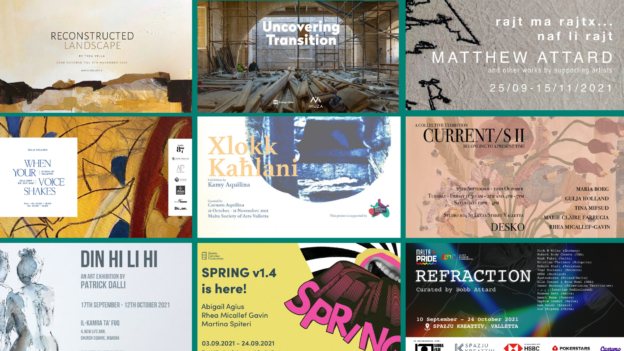
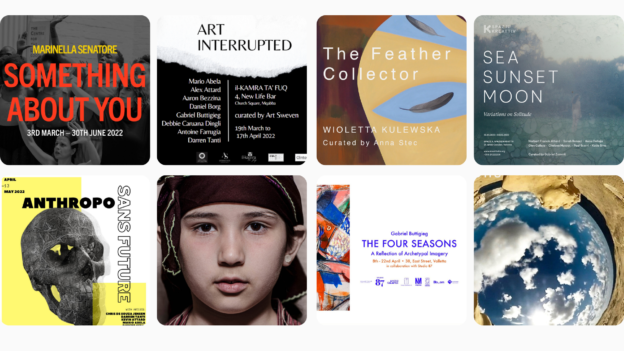
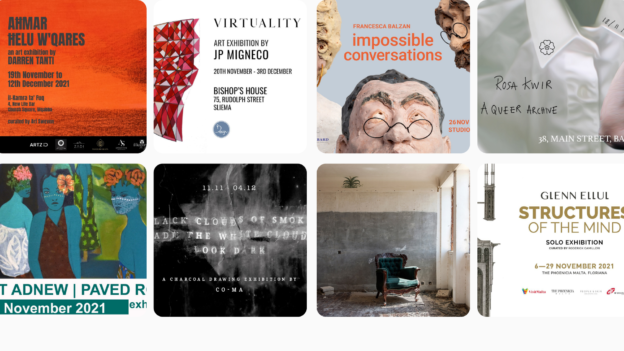
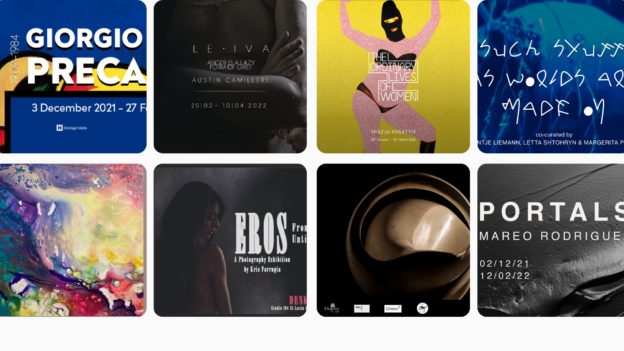
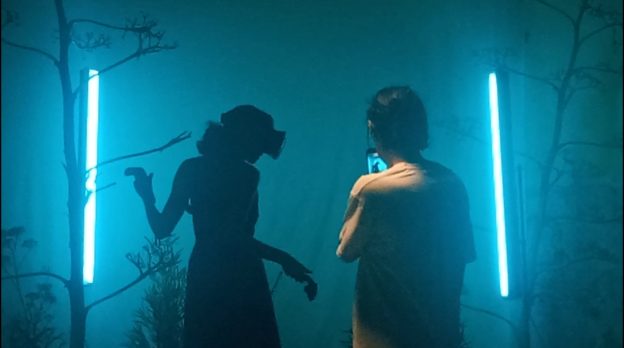
Responses